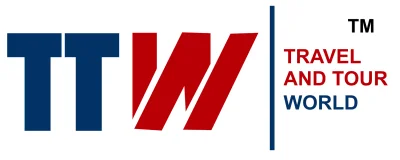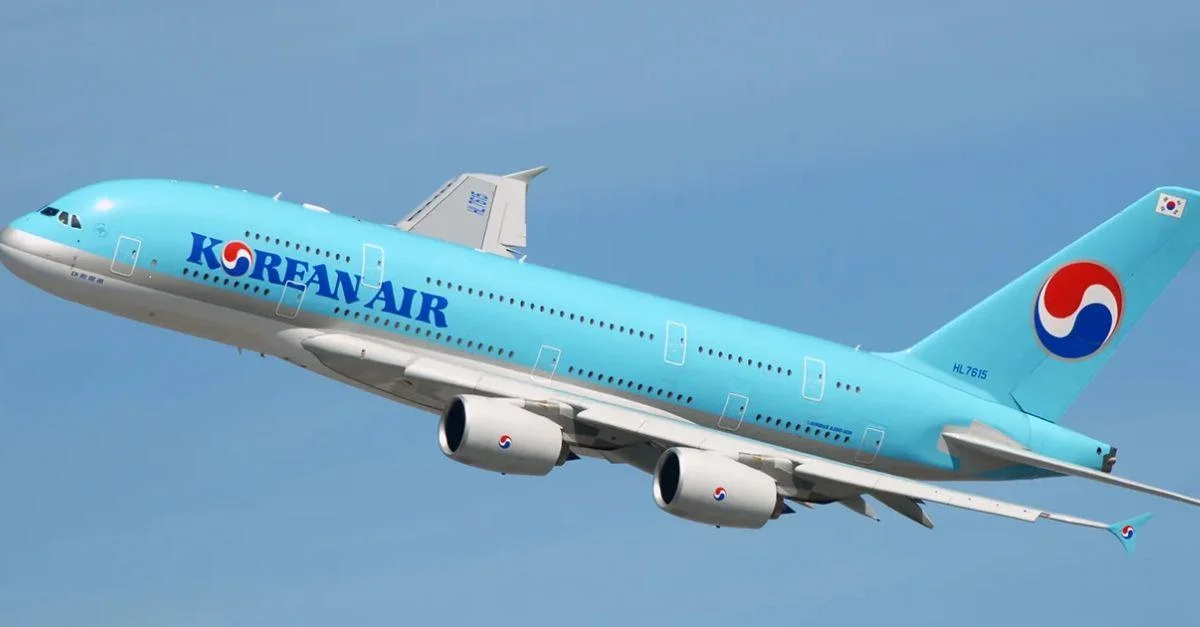The first major method of ticket sales is the direct-to-customer sales, often called the Traditional Distribution Capability (TDC). This includes purchasing tickets directly from an airline's website or counter, often without the assistance of a third party. Direct booking methods may incur carrier-imposed fees but also help in avoiding third-party fees.
"For example, the most broadly used distribution system for any major airline today is almost always its website, and that is where United Airlines, for example, derives the vast majority of its bookings."
Another important system employed by airlines is the Global Distribution System (GDS), which connects airlines with traditional travel agents. It allows easy access to real-time data on flights and other travel arrangements, enabling the facilitation of transactions between airlines and consumers. Online travel platforms like Expedia and Kayak rely heavily on GDS to offer various options to potential customers.
"The entire world of online travel agents (OTAs) would not be able to exist without this efficient booking system and online distribution capability."
Lastly, the New Distribution Capability (NDC) represents a modern approach to ticket sales, enabling airlines to deliver a wider array of real-time data regarding not only prices but also ancillary services and baggage fees. Developed by the International Air Transport Association (IATA), NDC enhances the purchasing process by making information more accessible to consumers.
"The major difference between the New Distribution Capability and the GDS is that the former has a significantly larger capacity for transmitting new types of real-time data."
As the commercial airline industry continues to change, these systems play a crucial role in providing passengers with the information needed to make informed travel decisions.
 Alerts Sign-up
Alerts Sign-up




































